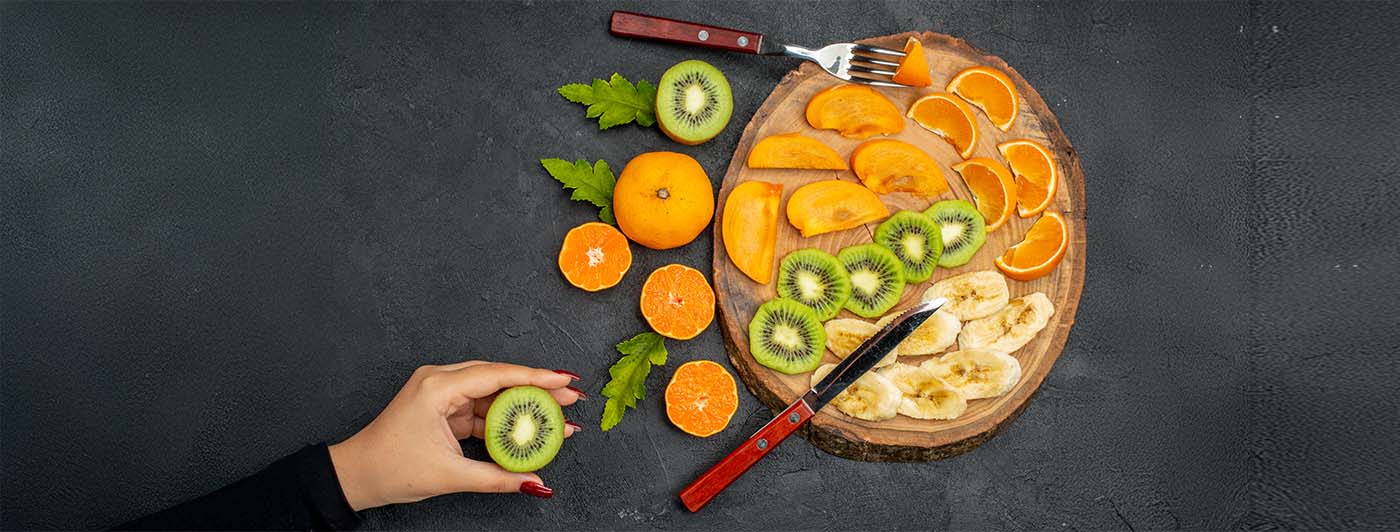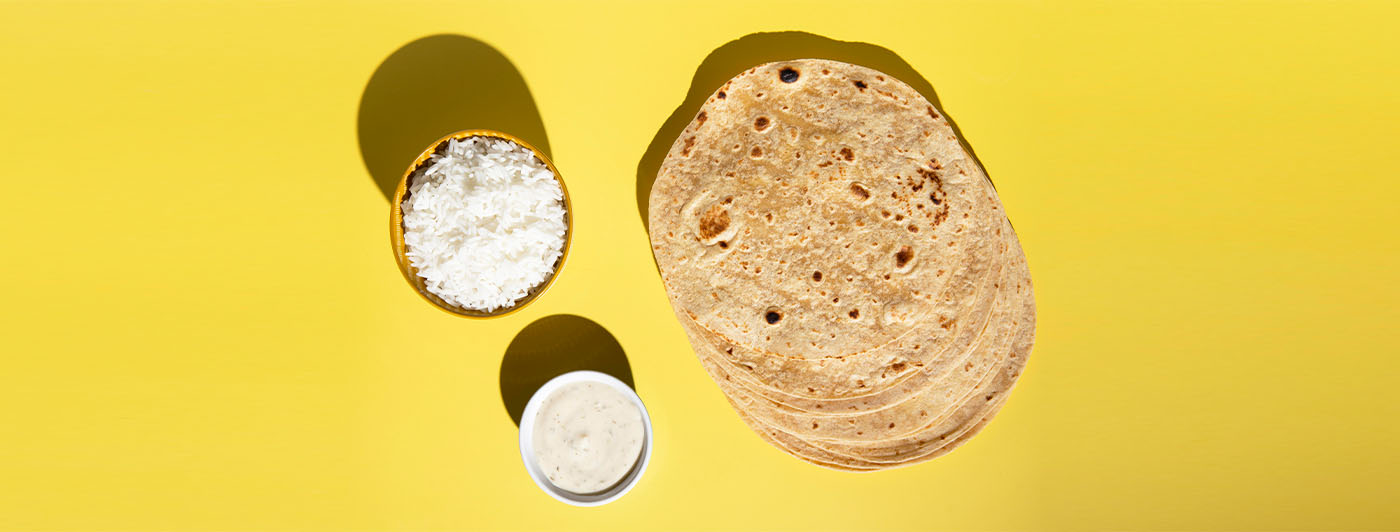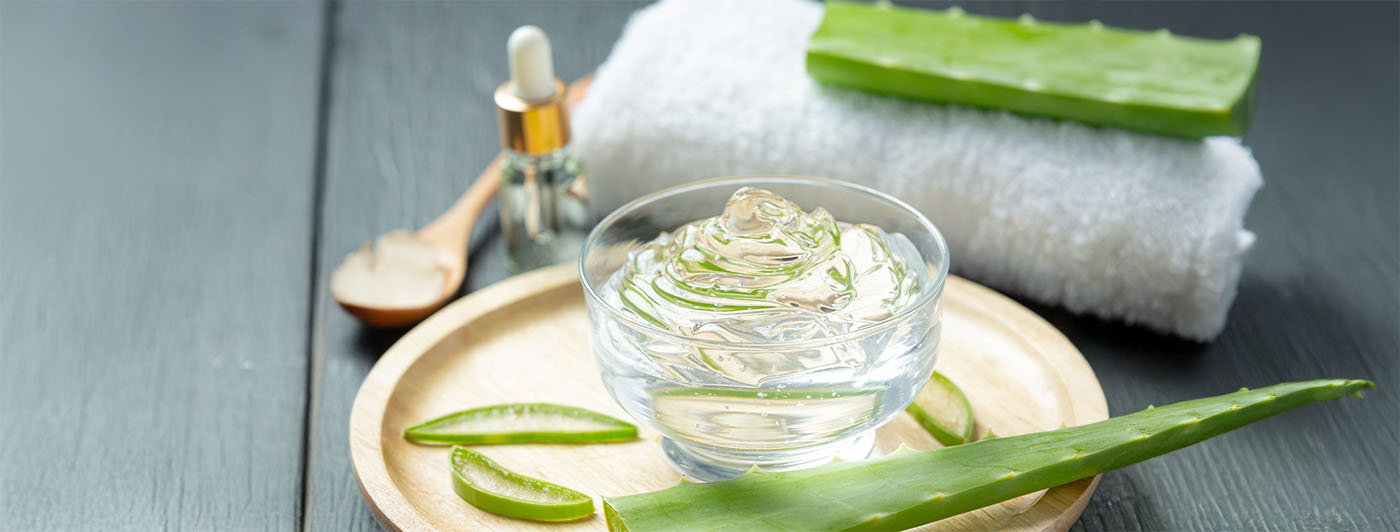Always feeling tired, bloated, or low on energy—even when you eat “healthy”?
You might be feeding your body more acid-forming foods than you realize.
Enter alkaline fruits—nature’s way of helping your body restore internal balance, flush toxins, and reduce inflammation. In a world filled with stress, processed foods, and pollution, these fruits support your kidneys, liver, and digestion by countering excess dietary acid.
And when combined with clean plant protein sources like lentils or pea-based powders, you create the ideal foundation for sustained energy and cellular recovery.
Let’s explore the top 12 alkaline fruits that can rebalance your system and elevate your health—naturally.
What Are Alkaline Fruits?
Alkaline fruits are foods that, despite their natural acidity, produce an alkaline effect on the body once metabolized. They help buffer excess acid produced from high-protein, processed, and refined diets. If you're already exploring balanced eating, a fruit diet for weight loss in 7 days could benefit significantly from choosing these highly alkalizing options.
When consumed consistently, alkaline fruits may contribute to improved energy levels, better bone health, and reduced bloating—without the need for extreme detox programs or restrictive diets.
In fact, a study found that diets emphasizing alkaline-forming foods (including fruits and vegetables) may help preserve muscle mass, enhance mineral absorption, and reduce chronic disease risk—especially in aging populations.
By reducing the body’s acid load, these fruits help lighten the burden on key organs like the kidneys and bones—creating a more supportive environment for long-term wellness.
The Top 12 Alkaline Fruits for pH Balance and Vitality
1. Lemons
Lemons are perhaps the most misunderstood fruit in the alkaline world. Though extremely acidic in taste, they become highly alkaline after digestion. Rich in vitamin C and antioxidants, lemons help detoxify the liver, stimulate digestive enzymes, and support the immune system. A glass of warm lemon water in the morning is one of the most effective and affordable drinks to reduce belly fat and promote hydration.
2. Avocados
Avocados are buttery, satisfying, and a powerhouse of nutrients. Besides being alkaline-forming, they provide heart-healthy monounsaturated fats, potassium (even more than bananas!), magnesium, and fiber. These nutrients help lower inflammation and support cardiovascular health. Avocados are also great in smoothies or on whole-grain toast as part of a pH-balancing breakfast.
3. Watermelon
Watermelon is not only hydrating and cooling but one of the most alkalizing fruits you can eat. With a pH nearing 9.0, it helps flush out acidic waste and supports kidney function. The high lycopene content makes it a potent anti-inflammatory food, and its low-calorie nature makes it one of the most satisfying zero calorie snacks during hot weather or post-workout hydration.
4. Bananas (Ripe)
Ripe bananas have a gentle alkalizing effect and are easy on the digestive system. Rich in potassium, vitamin B6, and natural sugars, bananas provide quick energy and are a good pre-workout snack. Their natural fiber also supports gut motility. For those transitioning to more plant-based eating, bananas blend well in smoothies with plant protein or nut butter.
5. Mangoes
Mangoes are a delicious tropical fruit that are also alkaline-forming when fully ripe. They are loaded with antioxidants like beta-carotene, vitamin A, and enzymes that aid digestion and boost skin health. Mangoes also support eye health and immunity, making them a tasty way to add diversity to your daily alkaline fruits intake.
Notably, while they aren’t a direct source of B12, they’re a great component of a diet that includes vitamin B12 fruits and vegetables —particularly when paired with fortified plant-based foods.
6. Papaya
Papaya is a fantastic gut healer. It contains papain, a powerful enzyme that improves protein digestion and reduces bloating. Its high vitamin C and beta-carotene content support immune function and skin repair. When eaten regularly, papaya promotes liver health and bowel regularity. It’s a perfect evening snack or morning addition to smoothies focused on pH balance.
7. Figs (Fresh and Dried)
Both fresh and dried figs are mineral-rich, making them excellent alkaline fruits for those with acidic dietary habits. Figs are particularly high in calcium, magnesium, and iron—supporting bone density, muscle function, and energy levels. If you’re looking for iron rich Indian foods in a plant-based format, figs deserve a spot on your plate.
Plus, their natural sweetness makes them a healthier substitute for sugary snacks or desserts.
8. Dates
Dates are naturally alkaline and packed with potassium, fiber, and essential trace minerals. They provide a quick, sustained energy boost without the crash that refined sugar causes. Thanks to their high alkaline ash content, dates help buffer excess acidity—especially after meals rich in meat or dairy.
For a balanced mini-meal, pair a few dates with a handful of nuts or blend them into a smoothie with plant based protein powder. It’s a great way to satisfy your sweet tooth while supporting muscle recovery and maintaining your body’s pH balance.
9. Apples
Crisp, juicy, and fiber-rich—apples are mildly alkaline and highly versatile. They are rich in polyphenols, which act as antioxidants and anti-inflammatories. The soluble fiber (pectin) supports digestive health and helps regulate blood sugar. Whether consumed raw or in a smoothie, apples are one of the easiest ways to eat more alkaline fruits daily.
10. Pineapple
Pineapple contains bromelain, an enzyme known for its anti-inflammatory and digestive properties. It helps break down protein more efficiently—making it an ideal pairing with pea protein powder for individuals on high-protein, plant-based diets. Pineapple supports immunity, reduces swelling, and has a mildly alkalizing effect post-digestion.
11. Cherries
Cherries are low-glycemic, antioxidant-rich, and mildly alkaline. They help regulate sleep (thanks to natural melatonin) and lower uric acid levels, which is beneficial for joint health. Whether eaten fresh or added to smoothies, cherries support liver detox and can be a delicious part of any high-antioxidant, pH-balancing meal.
12. Berries
Berries are small but mighty. Most are low in sugar, high in antioxidants, and slightly alkaline. They reduce oxidative stress, improve skin texture, and support cardiovascular health. Strawberries and raspberries are particularly helpful in reducing inflammation. Berries can also help curb sugar cravings while promoting alkalinity—especially for those following a structured fruit diet for weight loss in 7 days.
Balancing Alkalinity and Protein: Can You Do Both?
Yes! You can maintain an alkaline-leaning diet and still meet your protein needs. Incorporating plant based protein powder or lentil-based dishes (like dals) ensures you're getting sufficient protein without creating excessive acid load.
For instance, many Indian households ask, "which dal has highest protein?" The answer is typically moong dal, urad dal, or masoor dal. These pair beautifully with alkaline vegetables like spinach, beetroot, and lemon juice for a wholesome, balanced meal.
Use a protein intake calculator to assess your needs based on activity level, weight, and goals—this will help you balance your alkaline fruits and protein consumption wisely.
Small Changes, Big Benefits
Here’s how to integrate alkaline fruits throughout your day:

-
Morning: Start with warm lemon water followed by a banana-avocado smoothie.
-
Midday: Snack on watermelon or apples with a handful of soaked figs.
-
Afternoon: Add mango or papaya to your salad.
-
Evening: Enjoy dates or cherries as dessert instead of processed sweets.
These fruits, when spread across meals, can elevate your energy, reduce bloating, and help you feel lighter.
Final Thoughts
Incorporating alkaline fruits into your daily routine is one of the most powerful ways to reclaim your energy, reduce inflammation, and restore balance—naturally. These fruits work in harmony with your body, helping it detox, digest, and thrive without the need for restrictive diets or quick-fix cleanses.
And to take your alkaline lifestyle to the next level, pair it with clean, gut-friendly protein. Plantigo plant protein blends seamlessly into your day—fueling recovery, supporting satiety, and keeping your system light and nourished.
So don’t wait.
Make your move toward better health.
Choose alkaline fruits, fuel up with Plantigo, and feel the shift from the inside out.
Frequently Asked Questions
1. What are alkaline fruits and why are they good for you?
Alkaline fruits are those that leave an alkaline residue after digestion. They help balance your body’s pH, reduce inflammation, and support better digestion and energy levels.
2. Can I eat alkaline fruits every day?
Yes, eating alkaline fruits daily is healthy and encouraged. Fruits like lemons, papaya, and avocados are rich in antioxidants, minerals, and enzymes that naturally support detox and digestion.
3. Do alkaline fruits help with weight loss?
Yes, many alkaline fruits are high in fiber and low in calories, making them ideal for a fruit diet for weight loss in 7 days. They help reduce bloating and support a clean, light digestive system.
4. Can I combine alkaline fruits with plant-based protein?
Absolutely. Alkaline fruits pair well with clean plant based protein powder like pea or rice protein. This combo helps fuel recovery, improve satiety, and keep your meals pH-balanced.
5. Which fruits are best to eat on an alkaline diet?
Top alkaline fruits include lemons, watermelon, avocados, bananas, papaya, and berries. They’re easy to include in smoothies, salads, or as snacks throughout the day.












